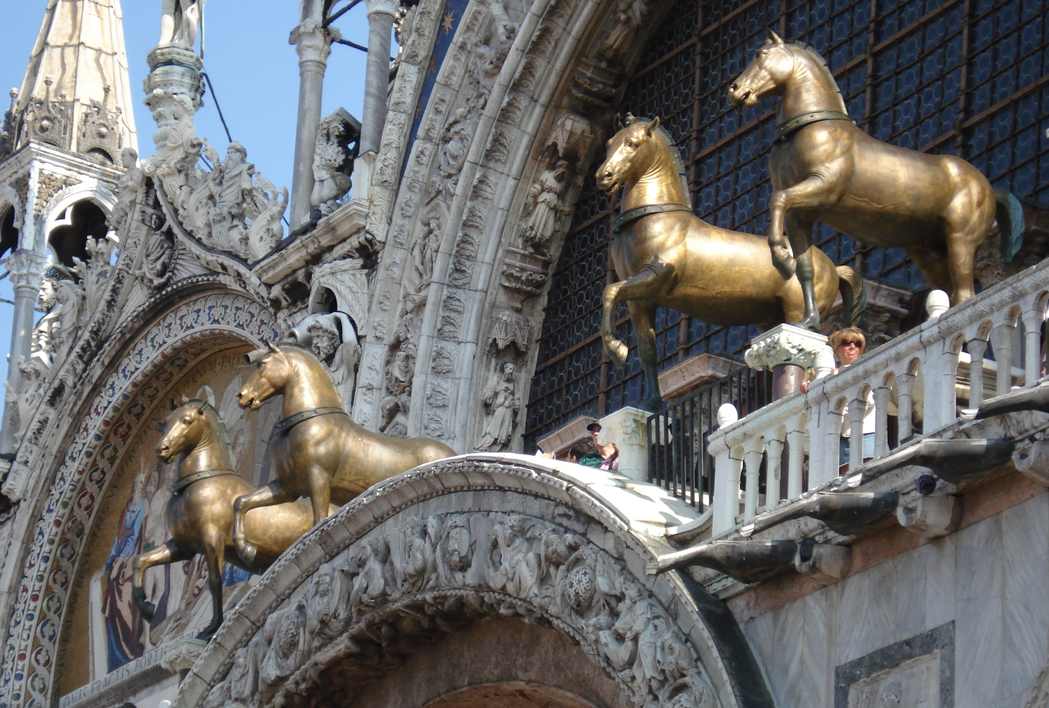In 1204 the Fourth Crusade famously ended with the capture of Constantinople. One result was a massive influx of valuables to the city of Venice. New book explores how the stories told about these events helped to recreate Venice as an important political player in the later Middle Ages.
 Sacred Plunder
Sacred Plunder
Venice and the Aftermath of the Fourth Crusade
David M. Perry
Penn State University Press 2015
ISBN: 978-0-271-06507-6
In Sacred Plunder, David Perry argues that plundered relics, and narratives about them, played a central role in shaping the memorial legacy of the Fourth Crusade and the development of Venice’s civic identity in the thirteenth century. After the Fourth Crusade ended in 1204, the disputes over the memory and meaning of the conquest began. Many crusaders faced accusations of impiety, sacrilege, violence, and theft. In their own defense, they produced hagiographical narratives about the movement of relics—a medieval genre called translatio—that restated their own versions of events and shaped the memory of the crusade. The recipients of relics commissioned these unique texts in order to exempt both the objects and the people involved with their theft from broader scrutiny or criticism. Perry further demonstrates how these narratives became a focal point for cultural transformation and an argument for the creation of the new Venetian empire as the city moved from an era of mercantile expansion to one of imperial conquest in the thirteenth century.
TABLE OF CONTENTS
List of Illustrations
Acknowledgments
Introduction
Part I: Contexts
- Constantinople’s Relics, 1204–1261
- Pope Innocent III and Sacrilege, 1204–1215
Part II: Texts
- The Translatio Narratives of the Fourth Crusade
- Interpretations
Part III: Outcomes
- Translatio and Venice Before and After 1204
- Translatio and the Myth of Venice
Epilogue
Notes
Bibliography
Index
